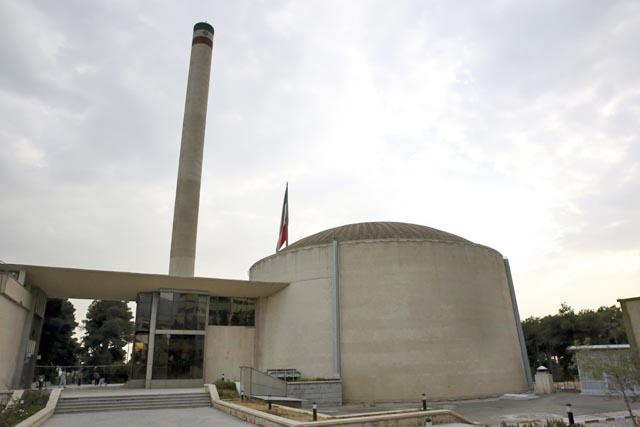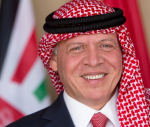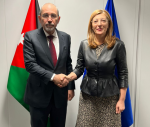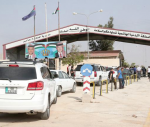You are here
Nuclear deal elusive as Iran, six powers resume talks in New York
By Reuters - Sep 17,2014 - Last updated at Sep 17,2014
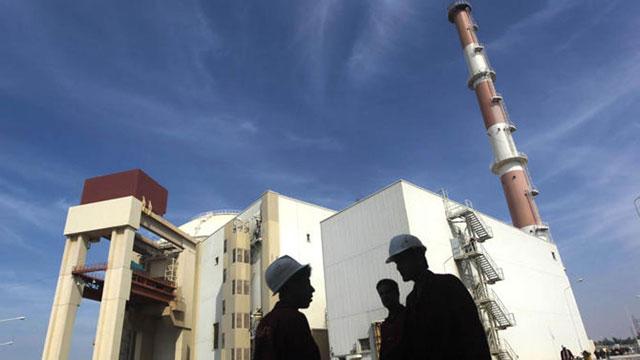
UNITED NATIONS — A diplomatic breakthrough is unlikely on a nuclear deal to end sanctions against Iran when talks resume in New York this week between Tehran and six world powers deadlocked after a year of negotiations.
The talks between Iran and the United States, Britain, France, Germany, Russia and China are re-starting after a two-month hiatus and amid Washington and Tehran ruling out cooperation on fighting Islamic State militants who have taken over swaths of Iraq and Syria.
Iranian Foreign Minister Mohammad Javad Zarif and European Union foreign policy chief Catherine Ashton will discuss the negotiations on a long-term nuclear deal over lunch on Thursday, diplomats said. The EU has been a kind of interlocutor for the six powers.
Diplomats from the six countries will begin meeting among themselves on Thursday before they all sit down with the Iranian delegation on Friday. The negotiations are expected to run until at least September 26 on the sidelines of next week's annual gathering of world leaders at the United Nations General Assembly.
US Undersecretary of State for Political Affairs Wendy Sherman, who heads the US delegation, said in a speech at Georgetown University on Tuesday that more movement from Iran will be needed to secure a long-term agreement.
"We can say on the positive side that our talks have been serious and that we have identified potential answers to some key questions," Sherman said. She also said "we remain far apart on other core issues, including the size and scope of Iran's uranium enrichment capacity".
Iran denies Western allegations that it is refining uranium to develop the capability to assemble nuclear weapons, saying it is doing it to help generate electricity.
The United States and its allies have in recent years imposed ever tighter financial and others sanctions on Iran, a major oil producer, to make it scale back its nuclear programme.
Western governments want Iran to have a centrifuge capacity in the low, single-digit thousands so that it would take Tehran a long time to use the machines to purify enough uranium to fuel an atomic weapon. Tehran has rejected demands to significantly reduce the number below the more than 19,000 it has now installed, of which roughly half are operating.
Last week, Zarif's deputy Abbas Araqchi criticised what he called the "illogical demands" of the Western powers. Araqchi also said: "We are always optimistic...but we have a difficult road to go."
Iran, diplomats close to the talks said, appears unwilling to reduce the number of its centrifuges to below 10,000.
But that would be an unacceptable for the six powers, who diplomats say are aiming to have a deal in place that leaves Iran in a position where it would need at least one year to produce enough high enriched uranium for a single bomb.
“On the question of enrichment we have practically made no progress,” a senior Western diplomat said. “The six want that in case the agreement is broken and the nuclear activities restart towards a military objective, that we have a breakout capacity of a year.”
Diplomats said a breakthrough in the New York negotiations was unlikely.
“Things remain blocked,” the senior Western diplomat said. “New York will be vital to see if we can break the impasse.”
Related Articles
Iran and the United States met in Geneva for bilateral talks on Thursday as international diplomacy intensifies to end a decade-old dispute over Tehran's atomic activities by a new deadline in late November.
Six world powers and Iran began talks on Tuesday in pursuit of a final settlement on Tehran’s contested nuclear programme in coming months despite caveats from both sides that a breakthrough deal may prove impossible.
VIENNA — Iran's nuclear negotiator Abbas Araqchi said on Monday he expected a deal with six world powers on shrinking Tehran's atomic progra


